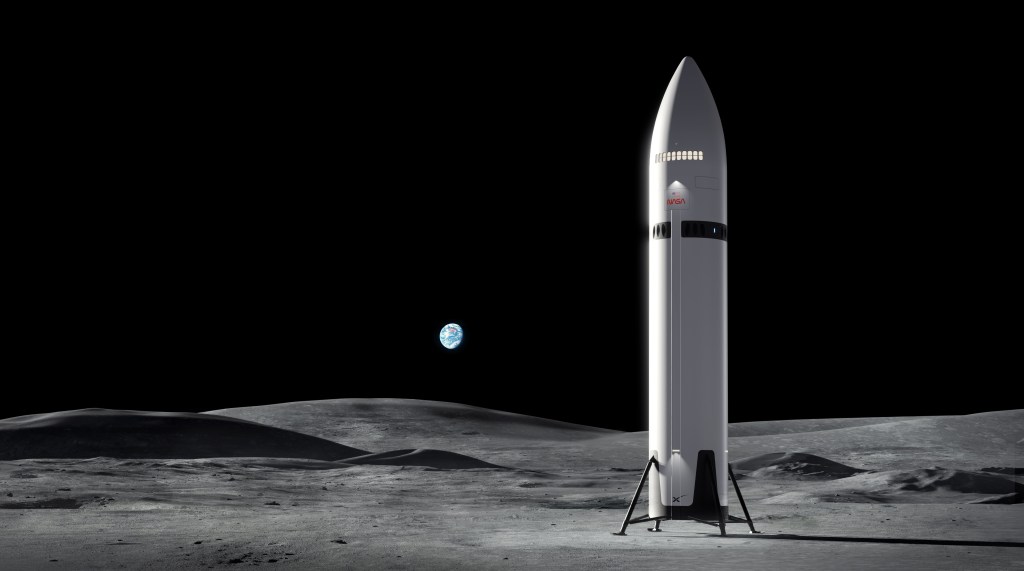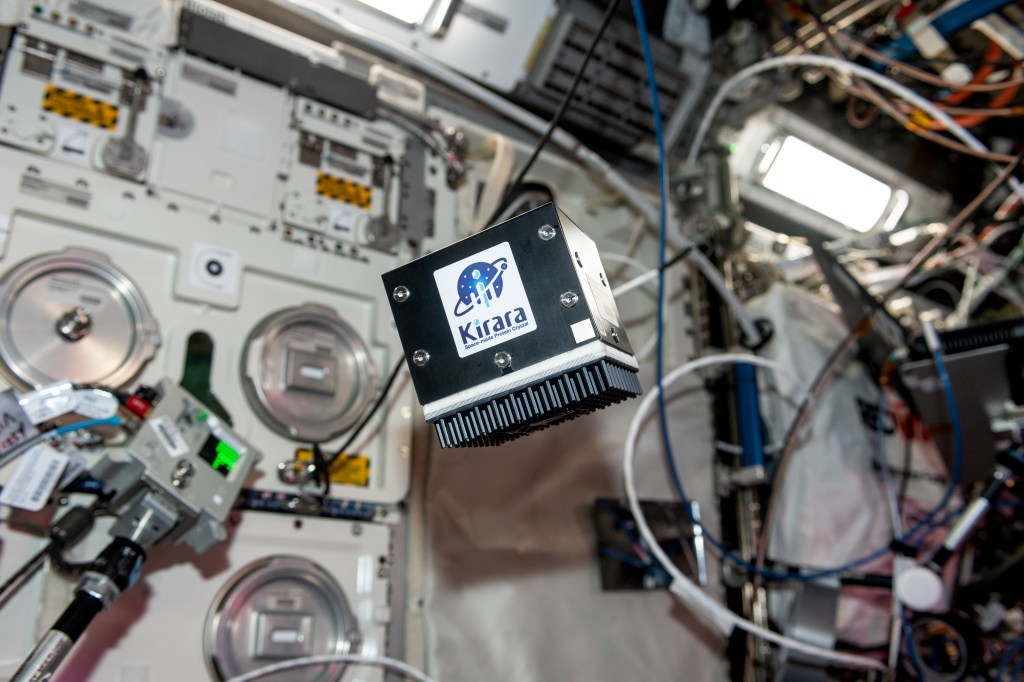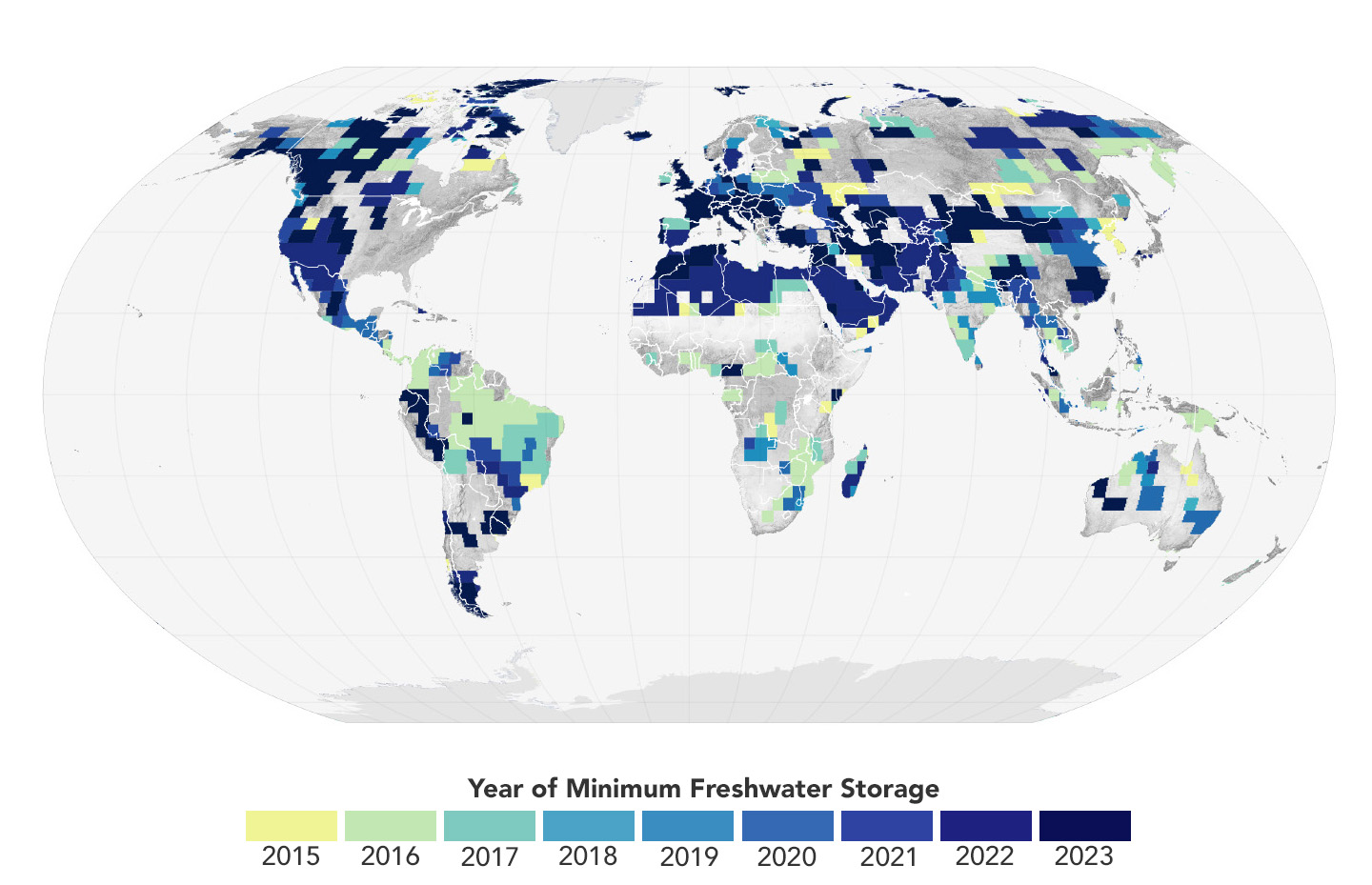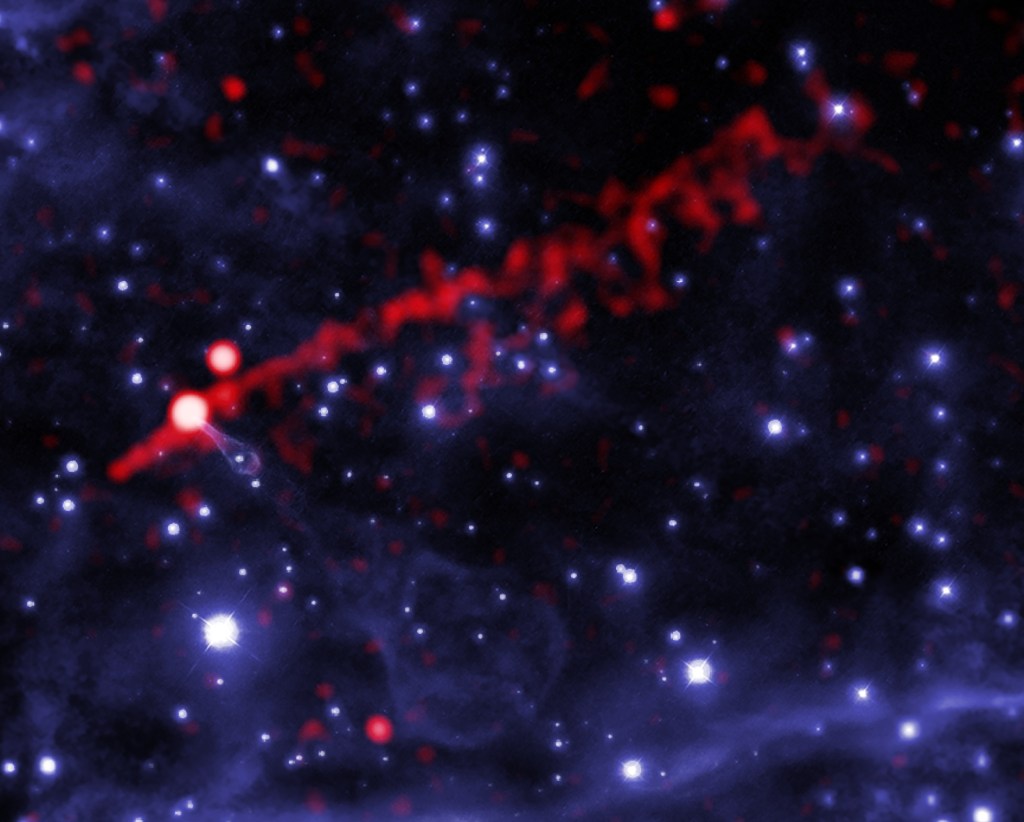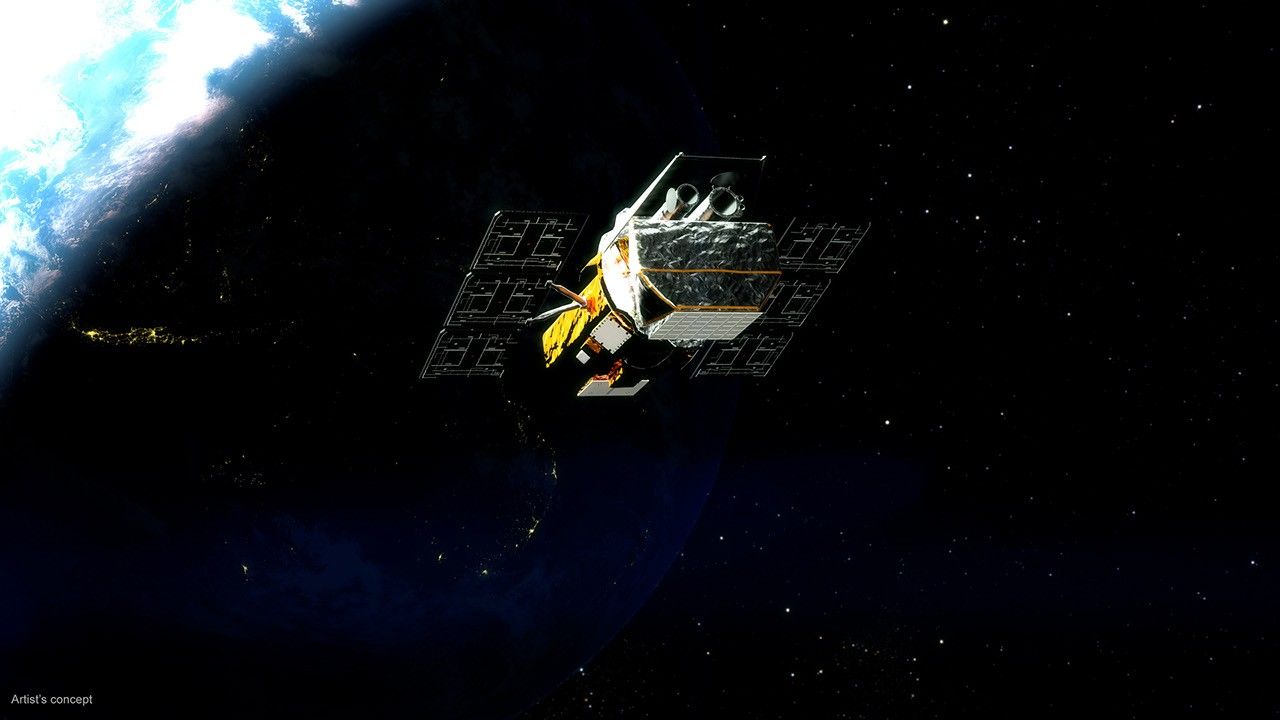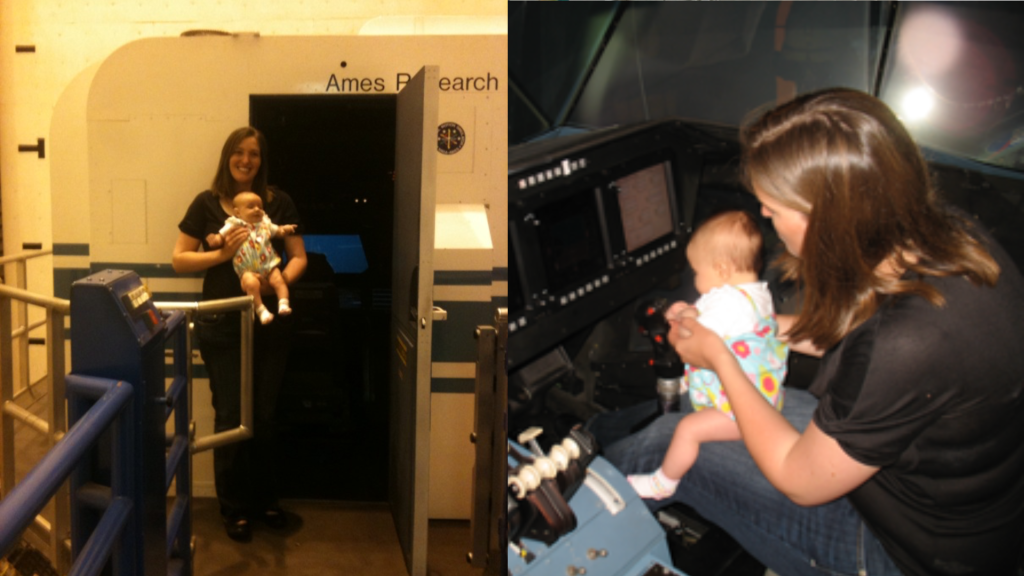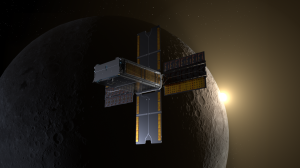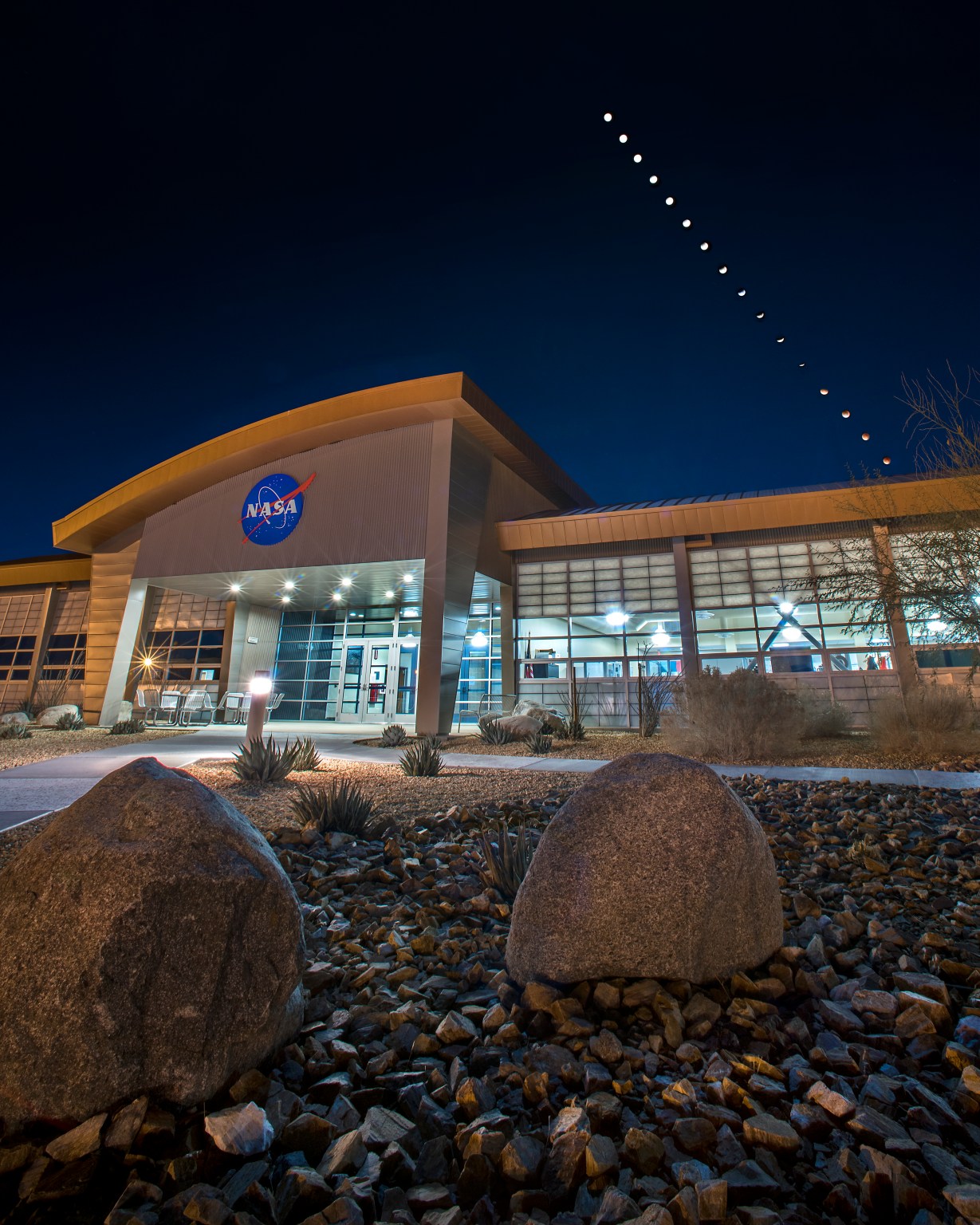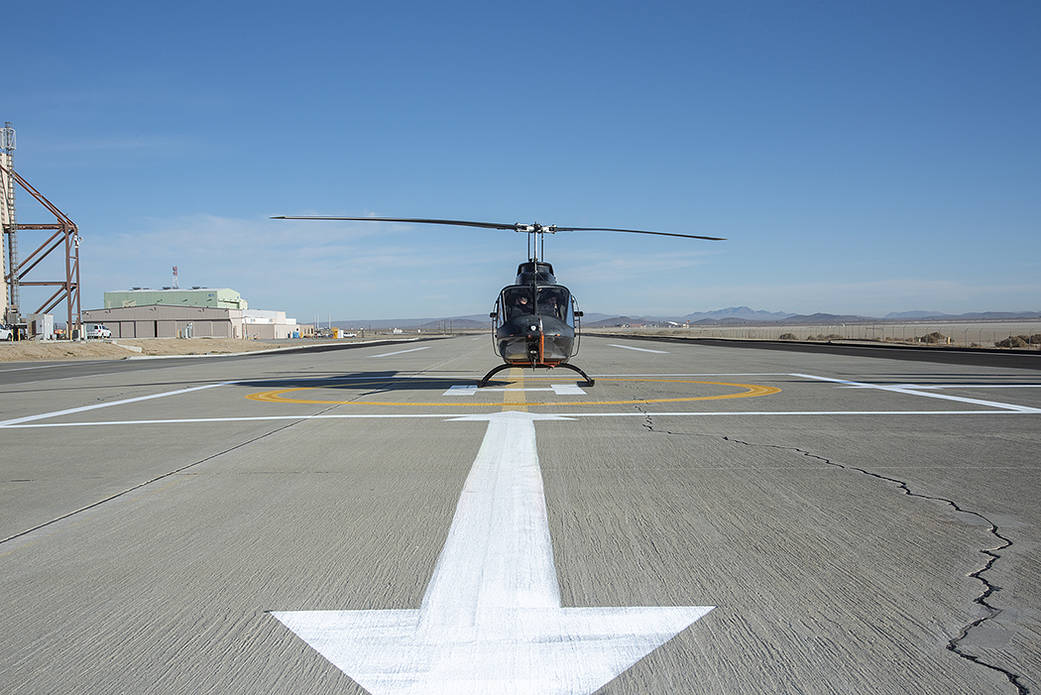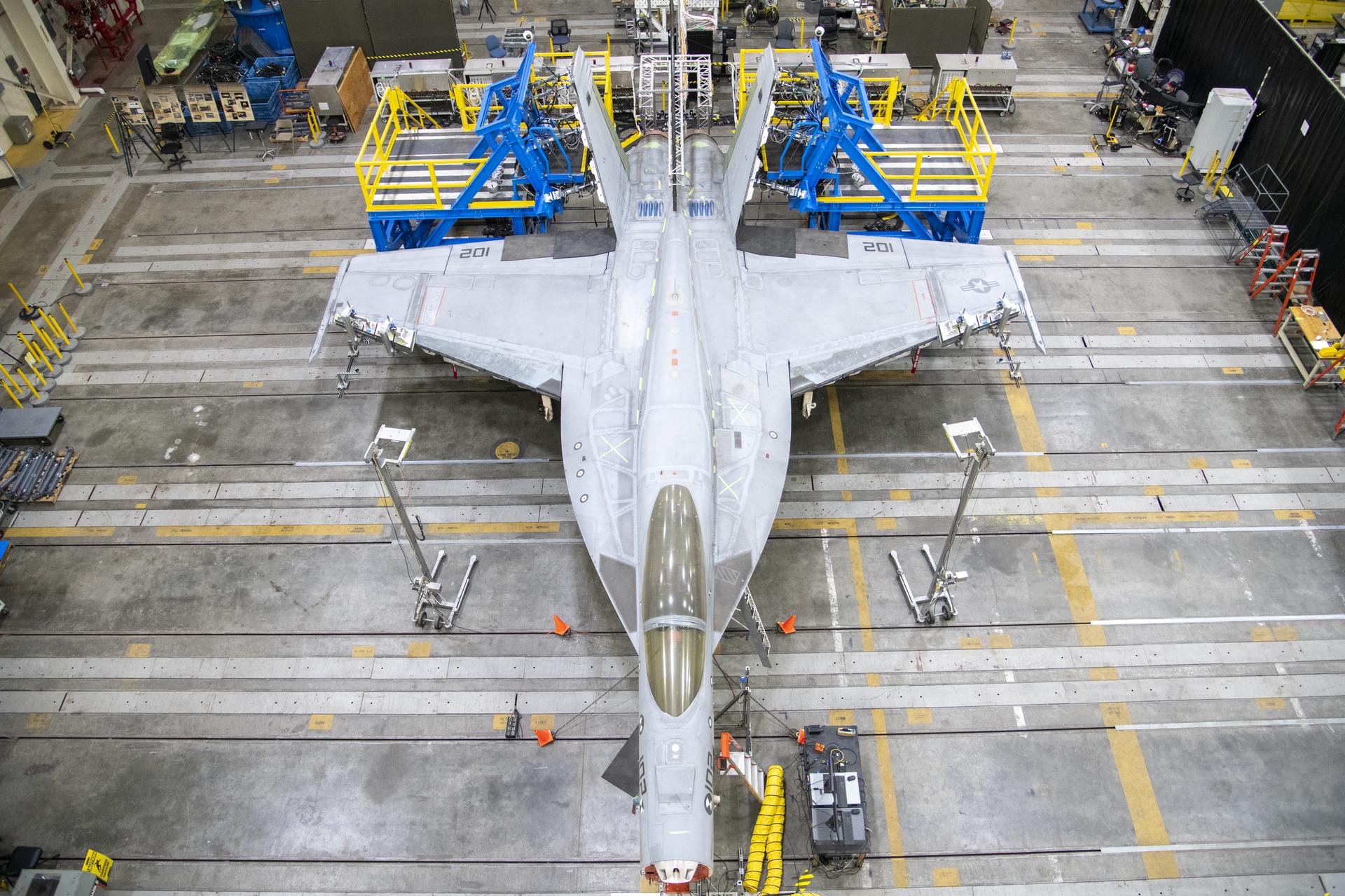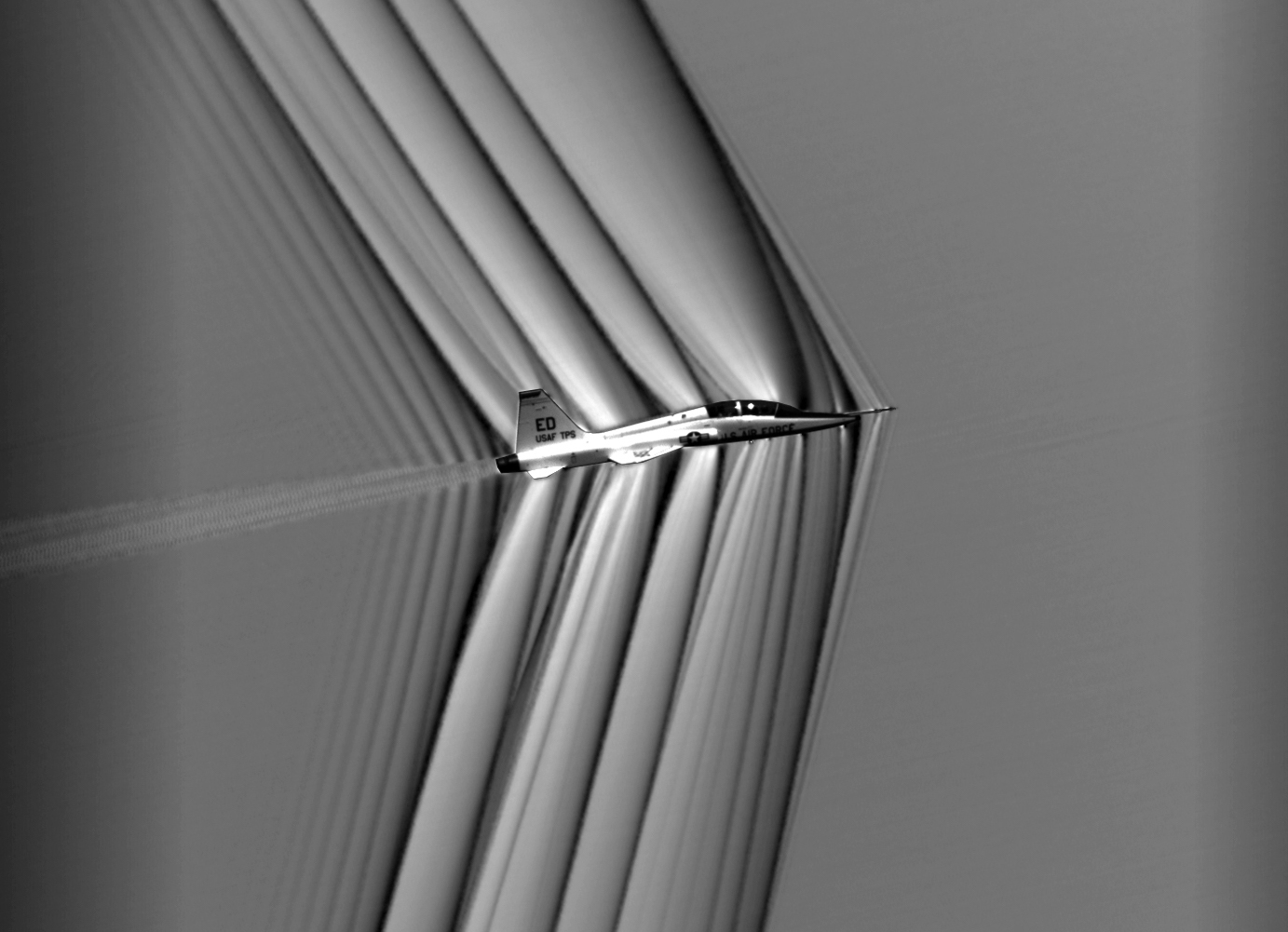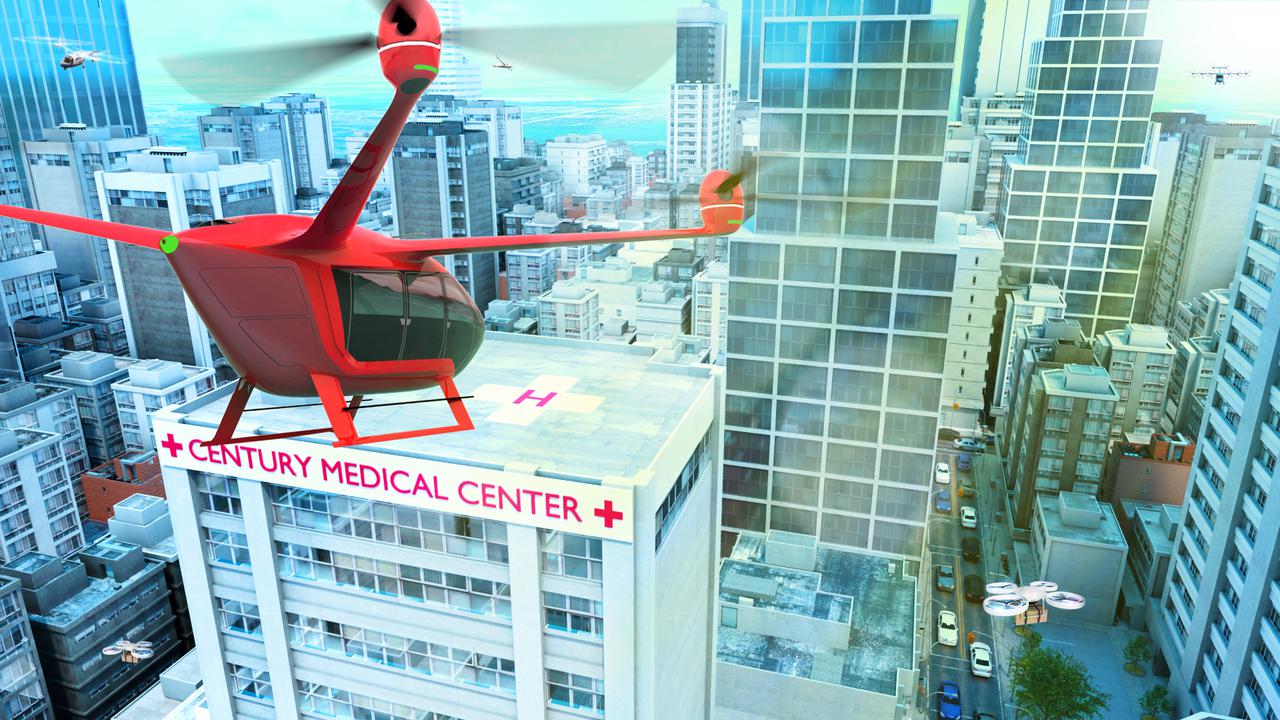
Read this feature in Spanish here.
During the global pandemic people have realized remote healthcare, delivery, and easy access to services are paramount. NASA’s Advanced Air Mobility or AAM mission paves the way toward enabling significant air mobility needs such as better access to healthcare services.
AAM has the potential to provide medical transport for people and supplies around the world. This could be a highly automated air ambulance flying above traffic to get to the hospital in a more sustainable and lower cost manner than we have today with helicopters. This could look like a smaller drone carrying blood or organs between hospitals and donation centers. This could even look like faster transport of medical supplies, vaccines, or medicine.
Think about if you live in a remote area with little access to quality healthcare, but a city a few hours away has top-notch doctors. The doctors could access an air taxi and fly to you to perform care in your remote area. Same goes for if you had a medical emergency, you could hop on an air ambulance and travel to a city hospital.
Several projects under the mission are working on different elements to help make AAM a reality in medical operations. This includes work on automation, noise, vertiport and vehicle design, and airspace design to keep everyone safe while flying in the skies together. It is going to take an effort between government agencies, industry, and the public to build new highways in the sky.
NASA’s vision is to map out a safe, accessible, and affordable new air transportation system alongside industry partners and the Federal Aviation Administration. Once developed, passengers and cargo will travel on-demand in innovative, automated aircraft across town, between neighboring cities, or to other locations typically accessed today by car.





